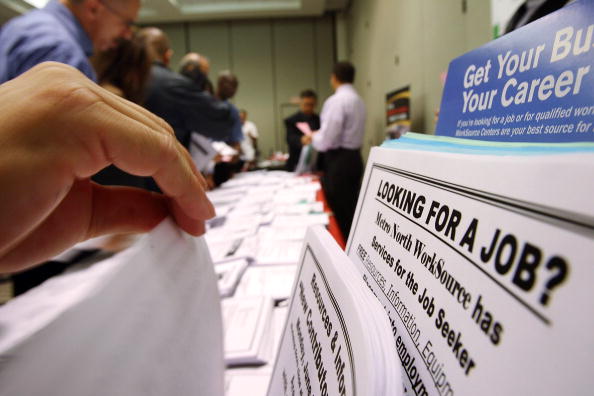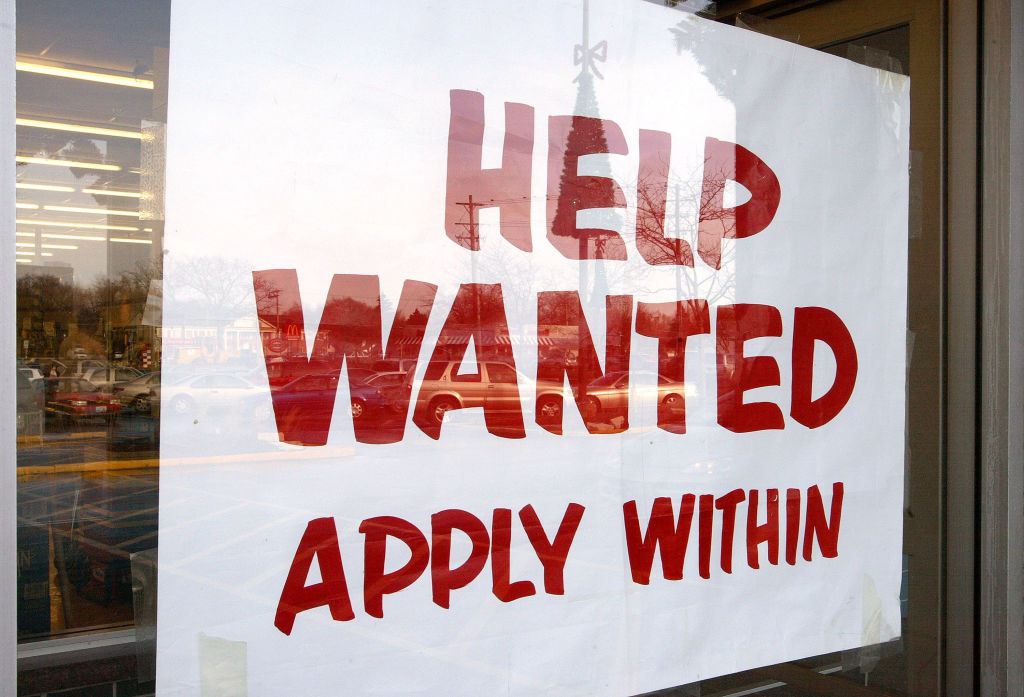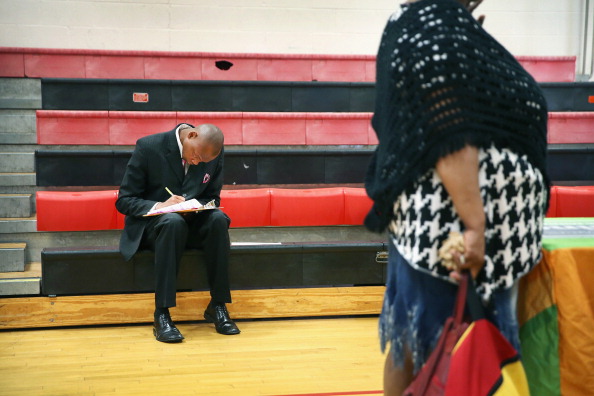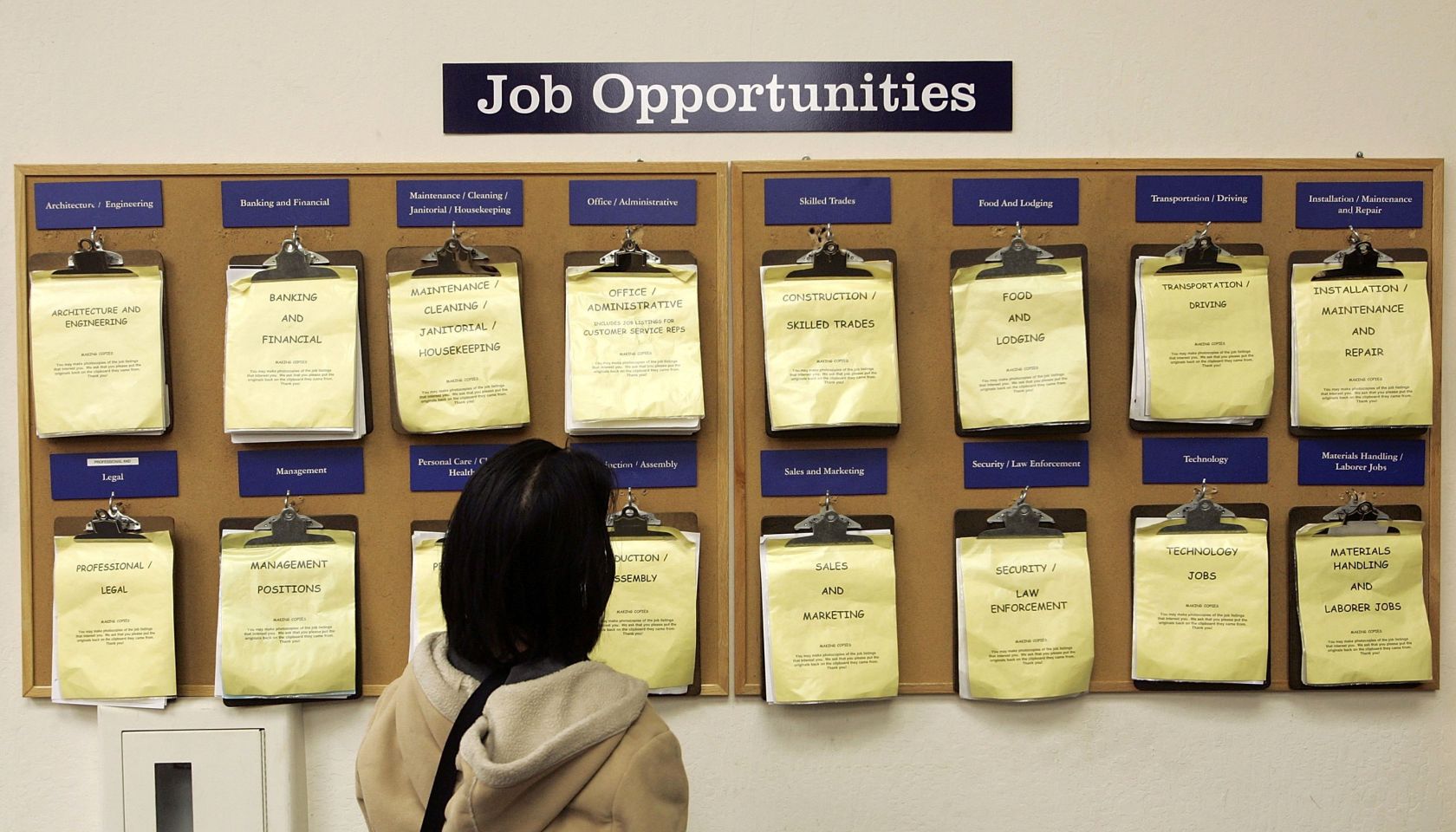Black Unemployment
The Black unemployment rate surged in November 2024, particularly for Black women whose rate rose by more than a full percent, according to the latest jobs report.
Donald Trump made a curious claim about "Black jobs" during the presidential debate in Atlanta, prompting people on social media to ask what exactly they are.
Most of the last half-dozen presidents can claim that Black poverty declined on their watch, which means Black people are better off under Biden's administration.
Unlike other groups, the Black unemployment rate grew last month.
One month after setting a record low, the Black unemployment rate in the U.S. continued its steady decline to new historic proportions, April's jobs report revealed.
The overall Black unemployment rate and the rate for Black women both fell to the lowest ever recorded in U.S. history last month.
There's much more to the story than simply the number of jobs added.
While in recent years the trajectory for graduating Black college students in the job market hadn’t been promising, the numbers are telling a different story in 2022.
While some politicians seem to think 90's nostalgia reboots mean bringing back tough-on-crime rhetoric, evidence suggests that addressing persisting economic disparity is one way to reduce gun violence.
Not only did the Black unemployment rate in December jump to more than twice that of white people, but Black workers -- who already have long had the highest rate of all demographics -- saw their levels of joblessness grow while everybody else's dropped.
Secretary of Labor Marty Walsh sees the legislation as an essential pathway to improving opportunities for workers and families. Walsh says the Build Back Better framework was an opportunity to address some of the significant issues that surfaced during the pandemic, particularly as it pertains to Black workers and their families.
A closer look at the data and statistics reveals some of the reasons why the Black unemployment rate is always the highest. And they're far from the common perceptions that are often rooted in racism.



















